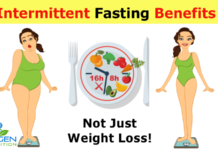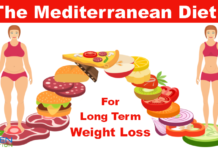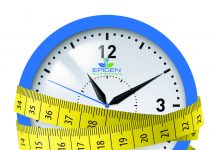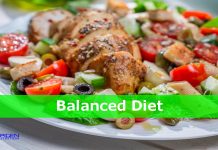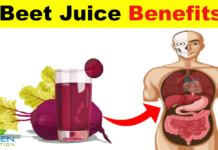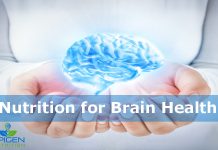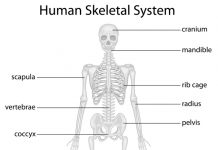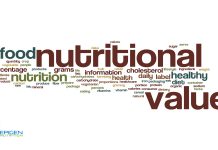We have all got to start taking care of our bodies if we want to go on and live a long and healthy life.
This is a majorly important point for seniors, as when you get older your body doesn’t seem to work as efficiently as it used to.
Quite a number of things change along the way, such as needing less sleep, eating less calories each day and digestion starts to slow down.
Round about 30% of older adults lose the ability to produce stomach acid and so this means that the absorption of folate and vitamin B-12 along with B-6 is affected.
With a great reduction in these vitamins, it can mean the start of neurological problems can occur, like short term memory loss and reduced alertness to name but two.
Calories actually play an important role in the nutritional guidelines for seniors as generally they will need far less of them to support their energy needs.
You can work out how many calories you need by having a look at how many calories you are eating now and if you are losing or gaining weight based on your intake.
What also really needs to be addressed is the type of calories that are being eaten.
According to the new USDA Food Pyramid, an older adult should be drinking around 9 eight ounce glasses of water per day.
But there are certain types of fluids that should be avoided, such as whole milk due to the amount of saturated fat that it contains, plus alcohol and caffeinated drinks as these will dehydrate the body.
Multivitamins are another key consideration of healthy nutritional guidelines for seniors, because as they tend to eat less, they may not be getting all of the vitamins and minerals that their systems require.
Also, it is more difficult to absorb and process foods as you get older and so will not be getting all of the nutrients the food supplies.
It is important for older adults to try and get their calcium from leafy green vegetables and supplements because if it all comes from dairy products you could be taking in high amounts of saturated fats.
If you are not getting yourself a regular amount of good old sunshine, you probably won’t be getting your much needed daily dose of Vitamin D, so this should be added to your diet in the form of a supplement.
Daily intake of Vitamin D is essential and is good for absorbing and processing minerals as well as calcium for healthy teeth and bones.
You mustn’t forget to include fiber in your diet, it is a great thing to eat as is helps with constipation, hemorrhoids as well as diverticulosis and can be found in a number of sources such as vegetables, flax seeds, legumes, whole grains and fruits.
A good addition to add to your cereals and salads are the likes of Flax seeds, as they are a good source of fiber as well as Omega-3 fatty acids which can help with balancing out your cholesterol levels.
A few tips for the grocery list when shopping for seniors should include whole grain breads, cereals, rice and whole-wheat pastas.
Oily fish should be included in the diet once or twice a week as it can lower the risk of cardiovascular disease.
Choose vegetables of all different colours as well as walnuts, almonds, peanuts and avocados. Use olive oil instead of vegetable oil. And cut back on the whole milk.
Make sure you aware of your portion sizes, most of us don’t actually consider this, but a simple sandwich with two decent slices of bread can actually be two servings of whole grains.
Once you get into the habit of healthy eating it becomes easier, and you are never too young or too old to start, so why not start now!
Resources
HelpGuide: Eating Well over 50
http://www.helpguide.org/life/senior_nutrition.htm
National Agricultural Library: Seniors
http://fnic.nal.usda.gov/consumers/ages-stages/seniors
National Agricultural Library: Aging
https://fnic.nal.usda.gov/lifecycle-nutrition/aging
AgingCare: 6 Vital nutrition Tips for Your Elderly Parents
http://www.agingcare.com/Articles/nutrition-tips-for-elderly-health-and-diets-137053.htm
Administration on Aging: Nutrition Services
http://www.aoa.gov/AoA_programs/HCLTC/Nutrition_Services/index.aspx











